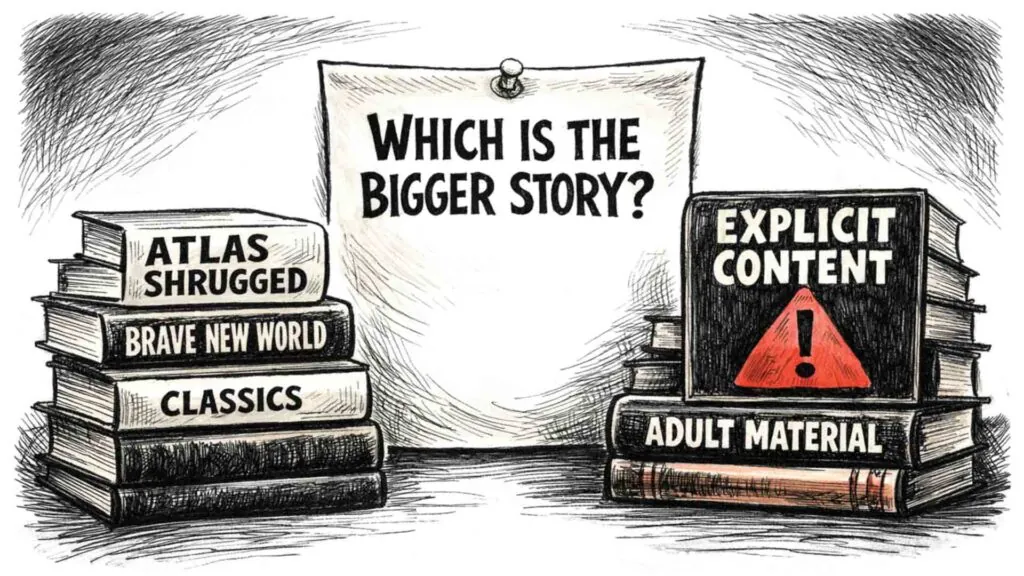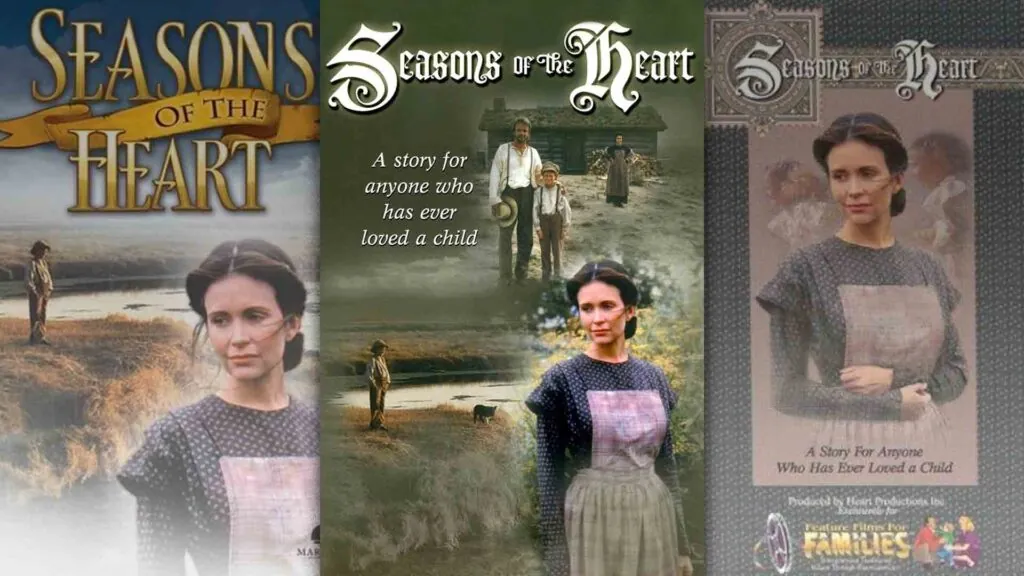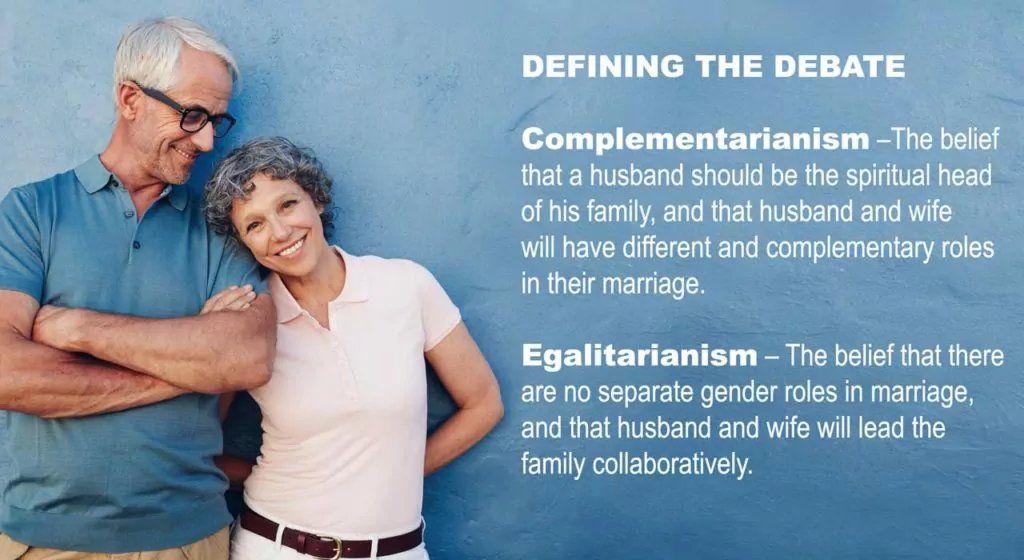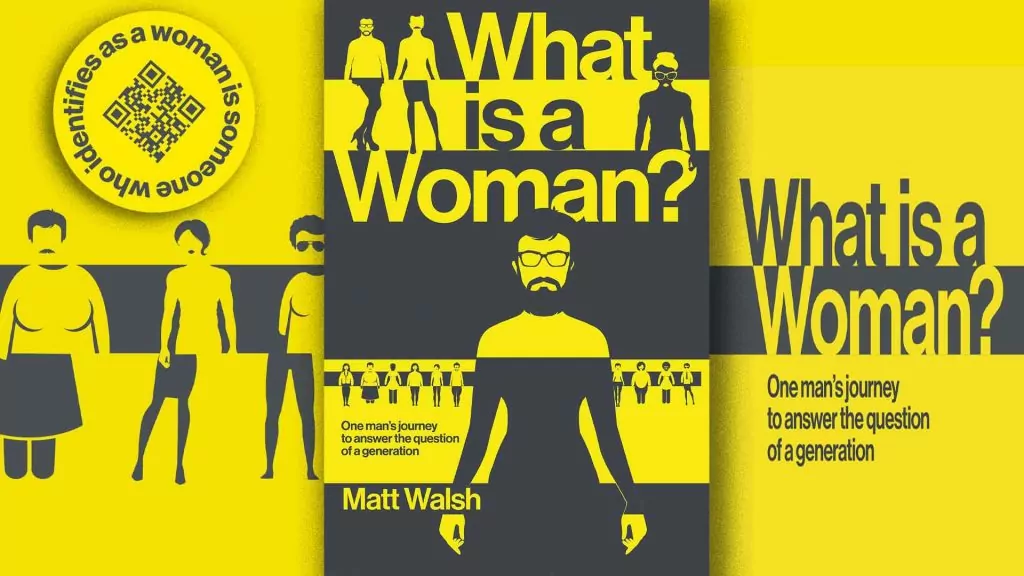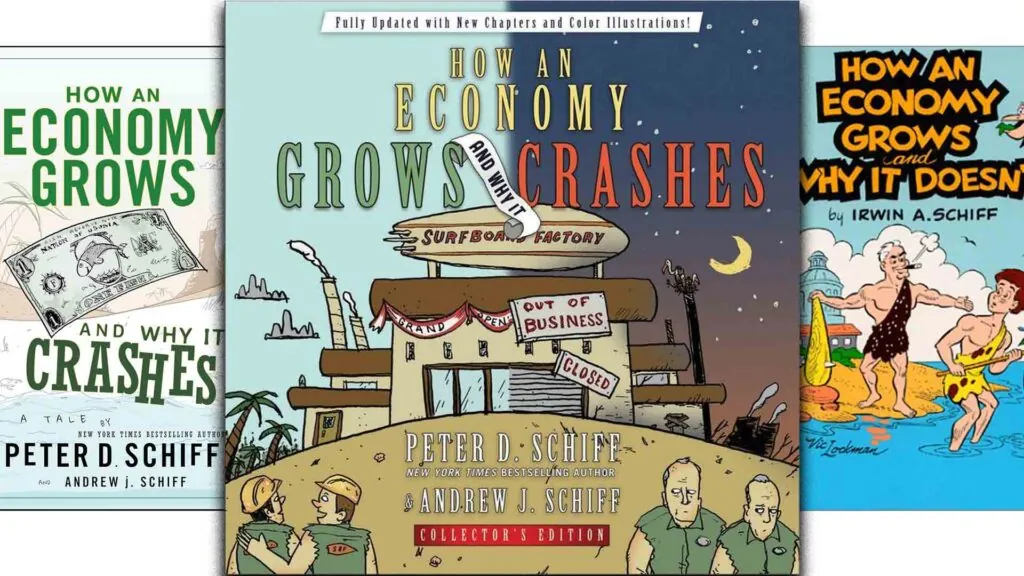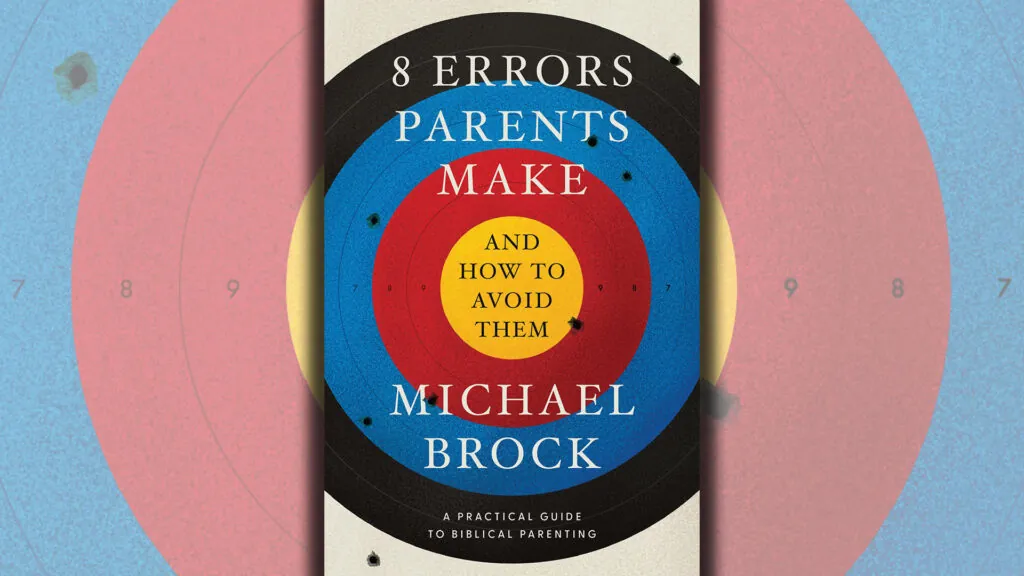
CAN YOU BUILD IT BETTER?
– the brick-building contest results!
We had another wonderful response to our brick-building contest. We asked whether entrants could think of “things that aren’t but should be” – we wanted to see if they could “build it better” and more than 200 entrants said that yes, they could. We had all sorts of cars and trucks and motorhomes and tractors that could drive, and fly or float, turn garbage into tires or rocket right across the ocean at 28,000 km/hr (and, if you weren’t careful, they might even sting you!). In a “great minds think alike” moment, two entrants designed creative alarm clocks that used a teapot and a coffee pot to motivate a sleepy sort to get up now! And if you don’t like coffee or tea? There was a hot chocolate machine too!
Some of the submissions were enormous like a plane that was 6 feet, 7 inches long, and a robot that people can go inside of. There were also a number of major appliances reinvented – dishwashers, dryers, and washing machines that had been upgraded to be even more automatic. And let’s not forget some fantastic homes – an apartment building that includes a smooth bar, a house on wheels, one that flies, and who wouldn’t want to live in a castle?
There were also some entries that were powered and functional – like a tractor that could distribute Mentos, and a bulldozer of sorts that can collect all the LEGO that gets kicked under your couches. It was clear once again that our readers are a creative lot.
While a picture can be worth a thousand words, in this case you have to check out the videos. Be sure to check out our YouTube playlist to go see the winners and the honorees give you a tour of their creation. The inventiveness on display is sure to spawn even more. Do you want to encourage your kids’ creativity? Watch these videos with the whole family and you won’t be able to stop your littles (and maybe your bigs too) from pulling out your LEGOs.
That family fun is a big part of the reason we’ve enjoyed this contest. Our kids are growing up with screens all around them, and we need to help them fight the pull to distraction. And when hundreds of parents and kids do something constructive and creative instead, we’re experiencing the joy of doing what God made us to do – we are glorifying Him in time spent in communion, and glorifying Him too, by reflecting just a bit of His creativity.
*****
Adults 18+
WINNER
Colin Van Manen – Samurai sword mech
Built entirely out of extra grey pieces, complete with a sword, a jetpack, a face mask, fully-functioning and posable parts… and with a pilot seat for the driver because it’s a better commute than a car, right?
HONORABLE MENTION
Felicity Tamminga – Washer/dryer one-basket system
Imagine if you had a special laundry basket that could just be dropped right into your washing machine, and then, when the wash is done, lifted out and slotted right into your dryer – no hauling each piece out one by one!
14-17-years-old
WINNER
Jeremy, 15 – Tea pot alarm clock
Have you ever slept through your alarm? That won’t happen with this upgrade – instead of just a sound, this one tips a teapot over to pour water on sleeping you. To add to the cleverness, the interior of the clock is a model bedroom, complete with bed, sleeper, and tiny teapot alarm clock!
HONORABLE MENTIONS
Everett, 14 – Technic crane
This is a functional, motorized crane that works via a remote control. It’s just downright impressive!
Charlotte, 14 – The ultimate motorhome!
It’s got 3, count them, 3 bumpouts, a cat condo, bathtub, fireplace, solar panels, and all the storage you’d ever need.
Gerred, 17 – Avro Arrow CF-105
This is what should have been – but wasn’t – if Canada, under Prime Minister Diefenbaker, hadn’t scrapped the Avro Arrow. Everyone loves a good history lesson with their build, right? It includes air defense systems with nuclear-armed missiles and functional landing gear and is just a really cleanly built plane.
10-13-years-old
WINNER
Quinten, 13 - A self-sustainable floating island
This is a detailed build! It includes dams, wind turbines, rooftop gardens, and solar panels. There’s space for camping, for farms and rural areas, plus a city equipped with a hospital, police station, fire station, and a church. There’s even a lighthouse to guide the boats from the ocean/lake. To add to the detail, there are even layers of rock underneath the build where the island was ripped from the ground.
HONORABLE MENTIONS
Austin, 13 – Self-cleaning LEGO machine
LEGO should clean itself up, but it doesn’t. Introducing the self-cleaning LEGO machine! An entirely motorized vehicle with two drive wheels – each with its own motor – and a spinning blade connected by gears to its own motor. It collects the LEGO into the hopper for you to simply empty and start again. Problem solved!
Evan, 13 – Plane and tank
A plane…and a tank? With stabilizers, shooting missiles, a tank turret under each wheel, wing flaps, and landing gear where the tank wheels are hidden while flying and deployed while driving, and extendable wings for added armor – who’s the engineer up for building this?
Eden, 12 – The mall with more
There are some things we can all agree on, and this is one of them: “I think that all malls should have a waterpark and a petting zoo.”
9 and under
WINNER
Oscar, 9 - Jurassic World abandoned jungle
Join 7 explorers as they brave Jurassic World with all its predators, erupting volcanoes, caves with hidden animals, fighting dinosaurs, and a dino-capturing helicopter. Let your imagination run wild!
HONORABLE MENTIONS
Eliza, 8 – Bumble car
It’s a bee car that can drive, park, and fly. And watch out, it can also sting!
Adam, 6 – Hygiene helper
“It has everything you need to go to school” – a toothbrush to brush your teeth, comb and scissors to style your hair, gets you dressed, helps you eat breakfast, and will walk right up to you to get things started!
Carina, 9 – Walk-in picture frame
“I thought it would be really cool if you could walk into a picture frame because then you could paint or draw your own world and walk right in.”
Some of our other favorites!
There were so many great entries that we just had to share at least a few more – here are some of our other finalists! Be sure to check out even more videos on our YouTube playlist.

News
Saturday Selections – Feb. 28, 2026
Canada about to murder its 100,000th citizen via MAiD
When you become callous about life, and see ending it as compassionate, then how can you object when death becomes popular? And why wouldn't you want "same day delivery"? And why wouldn't you offer "compassion" to newborns too?
You can only object if you have some basis for morality and human worth. And God is the only basis for that. So, Church, we need to object to evil, but never stop at that – we must witness to the God Who gives us clarity!
How separate should Church and State be?
ARPA Canada offers up three Reformed thinkers on the question. A couple of things they all agreed on is that the government is under God's reign even when it doesn't recognize Him, and the Church is to glorify Him in the public realm even when God is not welcomed there.
Trump gets the US to step back some on global governance
The US government recently cut their involvement with 66 international organizations. I can't attest to how bad or good all 66 were, but the United Nations Population Fund and the UN Framework Convention on Climate Change were among the biggest recipients of US funds. The first pushed a "population bomb" narrative that treated children as a curse on the planet, and not the blessing that God says they are (Ps. 127:3, Prov. 17:6), and the second did much the same, though more as a carbon-footprint curse.
In a related note, RP's March selection for our Bucket List Book Club – which you can join here! – is Necessary Endings, about how sometimes the best way forward is by halting what just isn't working.
Don't bet on it
Sports gambling isn't harmless fun for anyone involved.
Many lose big - one study found "nearly 15% of bettors have used personal loans to fund wagers, while 12% have turned to high-interest payday loans."
And if you win? That might be worse yet. Your money comes directly from someone else's misery. You only win by someone else losing – it is a zero sum game. That's why God wants us to have no part of gambling. We are to be productive – to be fruitful and multiply (Gen. 1:28) – creating wealth, and not simply "redistributing" the wealth of poor idiots into our own pockets.
(Albert Mohler recently weighed in on sports gambling and the newest gambling venture, prediction markets.)
The bright sadness of Ben Sasse
After a pancreatic cancer diagnosis, a US senator has used his trial and his fame as a way of spreading the Gospel, including podcast conversations with Michael Horton and Uncommon Knowledge's Peter Robinson.
First victim of autonomous AI harassment?
Scott Shambaugh didn't want AI writing for his outfit... and one autonomous AI agent didn't like it and, without any human instructions to do so, wrote and posted an article to the 'Net attacking Shambaugh.
Today's Devotional

March 4 - Entering God’s rest
“And God blessed them. And God said to them, “Be fruitful and multiply and fill the earth and subdue it, and have dominion over the fish of the sea and over the birds of the heavens and over every living thing that moves on the earth.”” - Genesis 1:26-28
Scripture reading: Genesis 1:26-28
So far we have seen that God created for His glory. This >
Today's Manna Podcast

Find peace in the almighty Savior
Serving #1136 of Manna, prepared by Carl VanDam, is called "Find peace in the almighty Savior".


















